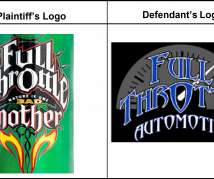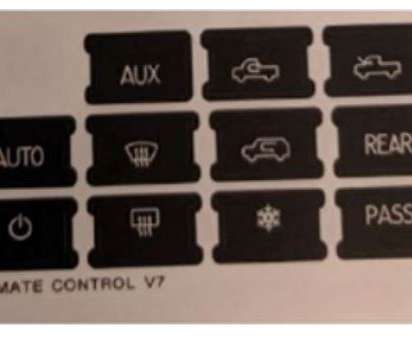[Guest post] Dutch IP battle about the hyped “Crompouce®”- a croissant-tompouce hybrid
The IPKat
NOVEMBER 29, 2023
It, however, appears that the sign Crompouce® was registered as a trademark with the Benelux Office for Intellectual Property (BOIP) already in 2020 and the design was registered as a Benelux design in the same year. The validity of the design right(s) to the Crompouce® might be a topic for another post.















Let's personalize your content